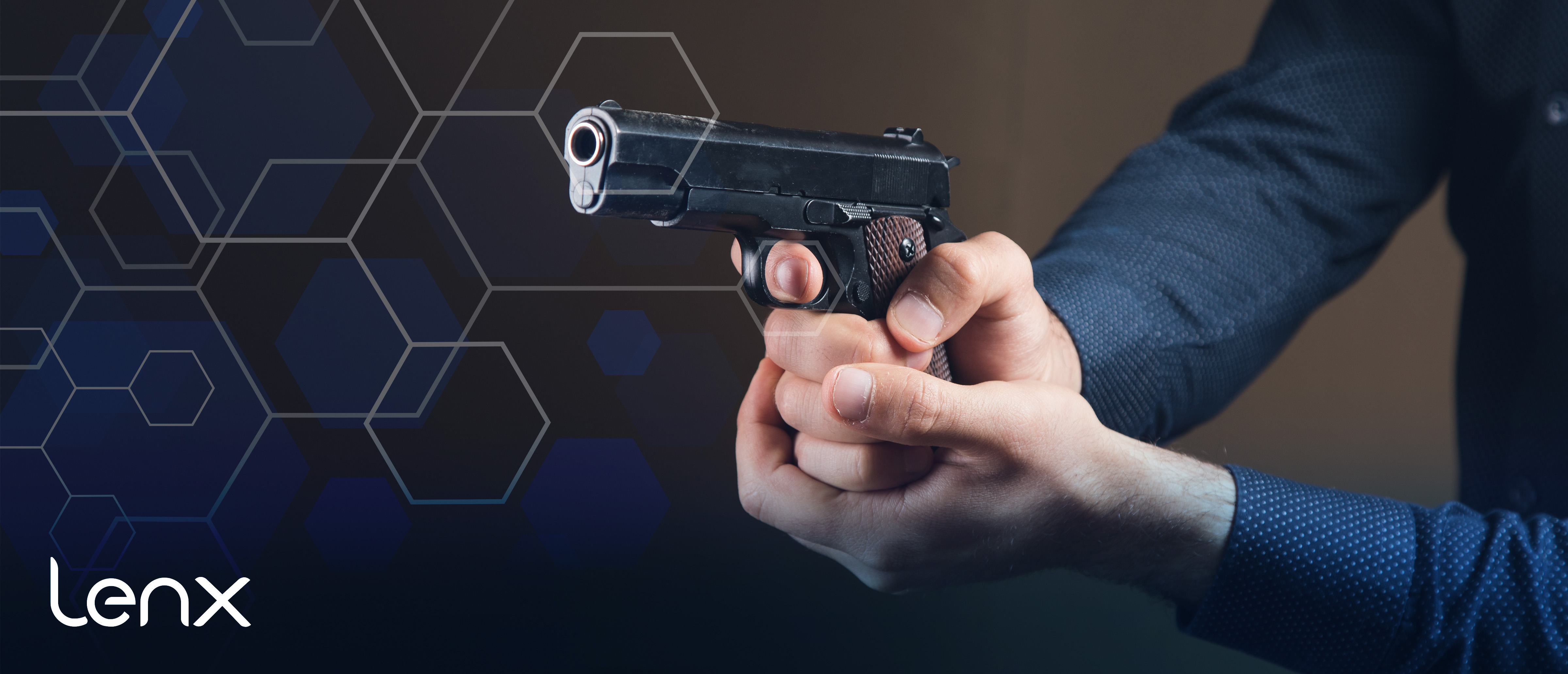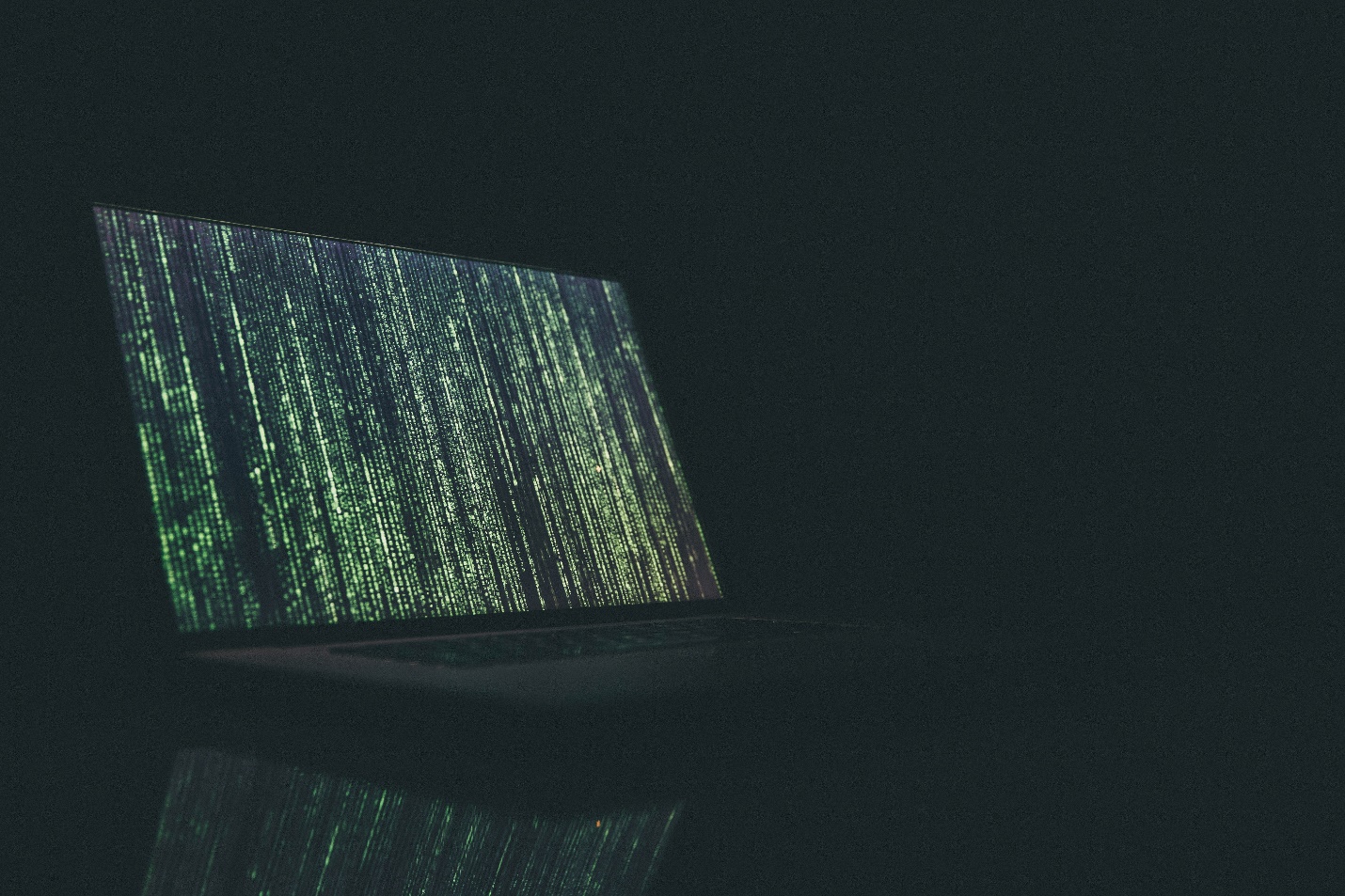
Emphasizing the Role of Privacy in AI Security and Active Shooter Detection Systems
In the realm of security, Artificial Intelligence (AI) is a game-changer. It's transforming how we detect and respond to threats, particularly in sensitive environments like schools.
One application of AI in security is active shooter detection systems. These systems use AI to identify potential threats and alert authorities, potentially saving lives.
However, the use of AI in security raises important questions about privacy. How do we balance the need for safety with the right to privacy?
This article delves into the intersection of AI security and privacy, with a focus on active shooter detection systems. We'll explore the ethical and legal considerations, as well as the technological measures that can protect privacy.
Whether you're a school administrator, a security professional, or simply interested in the implications of AI, this article will provide valuable insights.

The Intersection of AI Security and Privacy
AI security refers to the use of artificial intelligence in enhancing security measures. It's a rapidly evolving field, with applications ranging from threat detection to predictive policing.
The importance of AI security cannot be overstated. It can help prevent incidents, enhance response times, and reduce the need for human surveillance.
However, the use of AI in security is not without its challenges. One of the most pressing is the issue of privacy.
AI security systems often rely on the collection and analysis of large volumes of data. This can include personal information, raising concerns about privacy.
The challenge, then, is to develop AI security systems that are effective without compromising privacy.
Defining AI Security and Its Importance
AI security involves the use of artificial intelligence in security applications. This can include everything from threat detection to active shooter alarms.
The goal is to enhance security measures, making them more effective and efficient. This is particularly important in sensitive environments like schools, where safety is paramount.
However, as with any technology, it's important to use AI security responsibly. This means considering the potential implications for privacy.
The Privacy Implications of AI in Security
The use of AI in security can have significant implications for privacy. For one, AI security systems often require the collection of large amounts of data.
This data can include personal information, which can be a concern if not properly protected. There's also the risk of bias in AI systems, which can further impact privacy.
Therefore, it's crucial to consider privacy when developing and deploying AI security systems. This includes implementing measures to protect personal information and ensure transparency in how the systems operate.
Active Shooter Detection Systems in Schools
Active shooter detection systems are a critical component of school security. These systems use AI to detect potential threats and alert authorities.
The goal is to prevent incidents and enhance response times. This can save lives and protect the school community.
However, these systems also raise privacy concerns. They often require the collection of data, which can include personal information.

How Active Shooter Detection Works
Active shooter detection systems use AI to analyze data and identify potential threats. Once a potential threat is detected, the system can alert authorities. This allows for a rapid response, which can be critical in an active shooter situation.
However, the effectiveness of these systems depends on the quality and quantity of data they can access. This is where privacy concerns come into play.
Balancing Safety with Privacy Rights
Balancing safety with privacy rights is a complex task. On one hand, active shooter detection systems can enhance school security and save lives.
On the other hand, these systems can infringe on privacy rights if not properly managed. This includes ensuring that personal data is protected and used responsibly.
Therefore, it's crucial to strike a balance. This involves implementing robust privacy protections while still allowing the systems to function effectively.
Ethical and Legal Considerations
The deployment of AI security systems, including active shooter detection, involves ethical and legal considerations. These systems can be powerful tools for enhancing security, but they must be used responsibly.
Ethical considerations include ensuring that the systems do not unfairly target or discriminate against certain individuals or groups. They also involve ensuring that the systems respect individuals' privacy rights.
Legal considerations, on the other hand, involve complying with laws and regulations related to privacy and data protection. This includes laws at the local, national, and international levels.
The Ethical Deployment of AI Security Systems
The ethical deployment of AI security systems involves using these tools in a way that respects individuals' rights and dignity. This includes ensuring that the systems do not unfairly target or discriminate against certain individuals or groups.
It also involves ensuring that the systems are transparent and accountable. This means that individuals should be able to understand how the systems work and who is responsible for their operation.
Finally, the ethical deployment of AI security systems involves ensuring that these tools are used for legitimate security purposes and not for unnecessary surveillance or control.
Privacy Laws and AI Security
Privacy laws play a crucial role in regulating AI security systems. These laws set out the rules for how personal data can be collected, used, and stored.
In many jurisdictions, these laws require that individuals be informed about how their data is being used and give their consent. They also require that the data be protected from unauthorized access or disclosure.
Complying with these laws is not just a legal obligation. It's also an ethical responsibility and a crucial part of maintaining trust in AI security systems.
Technological Measures for Privacy Protection
In the realm of AI security, technological measures are vital for privacy protection. These measures can help ensure that personal data is not misused or accessed without authorization.
One of the key measures is data encryption. This involves encoding data so that only authorized parties can access it.
Another important measure is data anonymization. This involves removing or altering identifying information from data to prevent identification of individuals.
Encryption and Anonymization Techniques
Encryption is a powerful tool for protecting privacy in AI security. It involves encoding data so that only authorized parties can access it.
There are various encryption techniques, each with its strengths and weaknesses. The choice of technique depends on the specific requirements of the AI security system.
Anonymization, on the other hand, involves removing or altering identifying information from data. This can help prevent the identification of individuals, thereby protecting their privacy.
Privacy by Design in AI Security Systems
Privacy by design is a concept that involves integrating privacy considerations into the design and operation of AI security systems. This means that privacy is not an afterthought, but a fundamental part of the system.
This approach can help ensure that privacy is protected at all stages, from the collection of data to its storage and use. It can also help ensure that the system complies with privacy laws and regulations.
Moreover, privacy by design can help build trust in AI security systems. When individuals know that their privacy is being taken seriously, they are more likely to accept and support these systems.
The Future of AI Security and Privacy
The future of AI security and privacy is a topic of great interest. As AI technology continues to evolve, so too do the challenges and opportunities for privacy.
One key trend is the development of more sophisticated privacy-preserving technologies. These technologies aim to enhance security while minimizing the collection and use of personal data.
Another trend is the growing recognition of the importance of privacy in AI security. This is reflected in the increasing emphasis on privacy in laws, regulations, and industry standards.
Innovations in Non-Invasive Security Technologies
Innovations in non-invasive security technologies are playing a key role in the future of AI security and privacy. These technologies aim to enhance security without intruding on individual privacy.
One example is AI gun detection technology. This technology can detect the presence of guns without requiring invasive searches or the collection of personal data.
Another example is AI security apps. These apps can provide individuals with tools for personal security, while also respecting their privacy.
The Role of Public Awareness and Education
Public awareness and education are crucial for the future of AI security and privacy. As AI security systems become more prevalent, it is important that individuals understand how these systems work and how they can protect their privacy.
Education can help individuals make informed decisions about the use of AI security systems. It can also help foster a culture of privacy, where individuals and organizations take proactive steps to protect privacy.
Moreover, public awareness can help ensure that privacy considerations are taken into account in the development and deployment of AI security systems. This can help ensure that these systems are designed and used in a way that respects individual privacy.
Conclusion: Striking the Right Balance
In conclusion, striking the right balance between AI security and privacy is crucial. While AI security systems can enhance safety, it is important that they do not compromise individual privacy.
By taking a proactive approach to privacy, we can ensure that AI security systems are used in a way that respects individual rights and freedoms.

